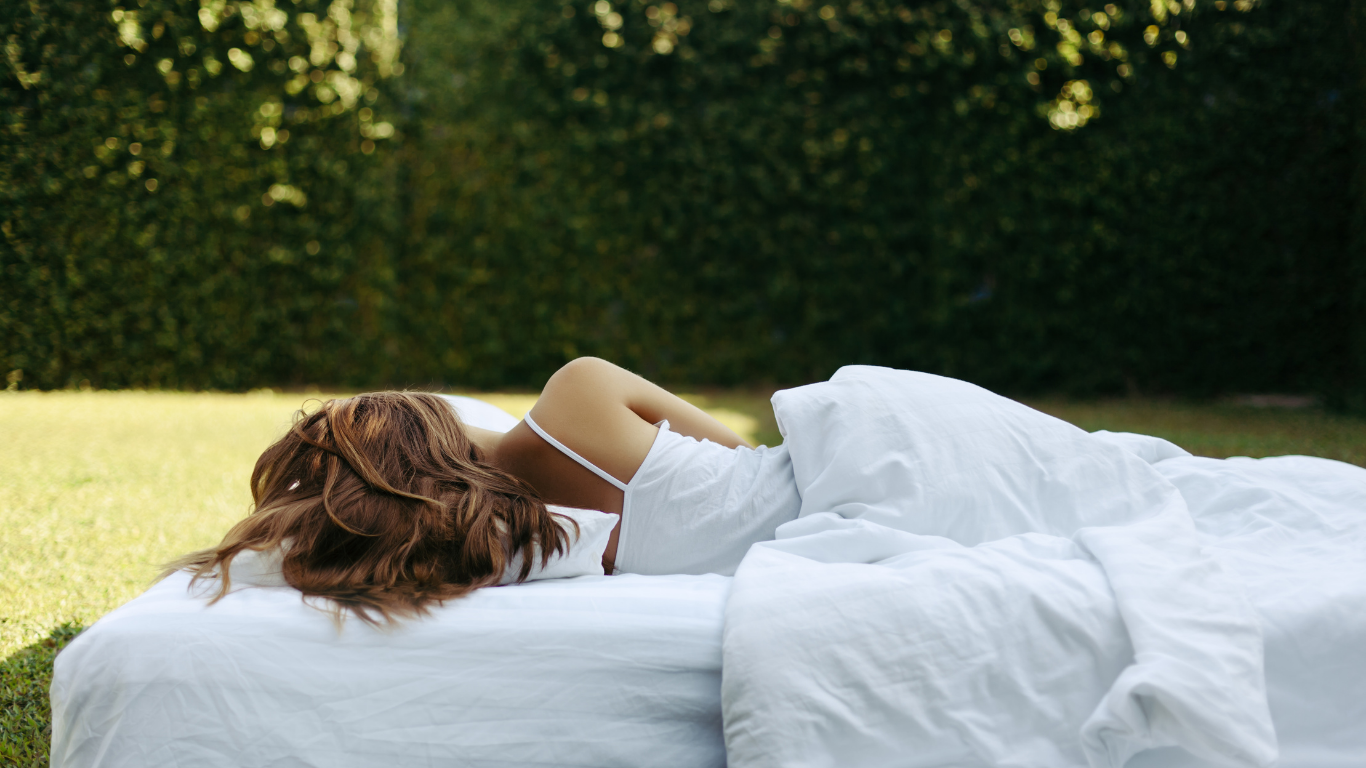We all know sleep is essential, but what if the surface you sleep on is silently shaping how well you rest? A recent clinical study on sleep and mattresses found that the right mattress doesn’t just make you more comfortable, it can improve sleep quality, reduce pain, and boost next-day energy.
Why Your Mattress Matters
Sleep isn’t just about how many hours you clock. The quality of your sleep, how deeply and restfully you drift off, depends on both internal factors (like stress and health) and external ones (like light, noise, and yes, your mattress).
“We often see patients who have tried everything to fix their sleep, from supplements to strict bedtime routines, but haven’t considered whether their mattress is part of the problem,” says Dr Sumit Samant, Upper Airway Surgeon and Founder of Auckland Sleep. “It’s one of the simplest yet most overlooked contributors to poor sleep.”
The study showed that people sleeping on mattresses designed for better support and pressure relief experienced:
- Improved sleep quality (falling asleep faster and waking less often)
- Reduced physical discomfort (less tossing and turning, fewer aches in the morning)
- Better daytime energy (a ripple effect from deeper, more restorative rest)
What the Research Found
Researchers compared sleep outcomes across different mattress types, measuring both self-reported sleep and objective sleep data. Participants who upgraded to higher quality mattresses consistently reported:
- Less back and shoulder pain
- Longer periods of deep sleep
- Higher overall satisfaction with rest
This reinforces what we see in clinic, a supportive mattress won’t solve every sleep issue, but it can remove a major barrier to rest.
Is Your Mattress Affecting You?
How do you know if your mattress is part of the problem? Look out for these signs:
- You regularly wake with stiffness, pain, or tingling
- You toss and turn trying to get comfortable
- Your mattress is more than 7–10 years old
- You sleep better in hotels or guest beds than you do at home
“A good mattress won’t cure insomnia or sleep apnoea, but it reduces the physical discomfort that can worsen them,” explains Anitha Patel, Insomnia Specialist at Auckland Sleep. “Think of it as part of the foundation of healthy sleep, alongside routine, light exposure, and stress management.”
Sleep Health Is Holistic
At Auckland Sleep, we make sleep a priority because it underpins every aspect of health. As the authority in sleep health, we know that the right environment, including your mattress, makes it easier to achieve deep, restorative rest.
But sleep isn’t just about data and diagnosis, it’s also about people. We pride ourselves on human connection, ensuring that every patient feels heard, supported, and understood. Whether it’s through clinical care, education, or lifestyle support, our mission is to make sleep health accessible for everyone.
For more on the lifestyle factors that influence sleep, you might like:
Your mattress won’t “cure” sleep issues on its own, but the science is clear, it sets the stage for restorative rest. If you’ve been struggling with poor sleep or waking achy and tired, it may be worth asking whether your bed is working with you, or against you.


